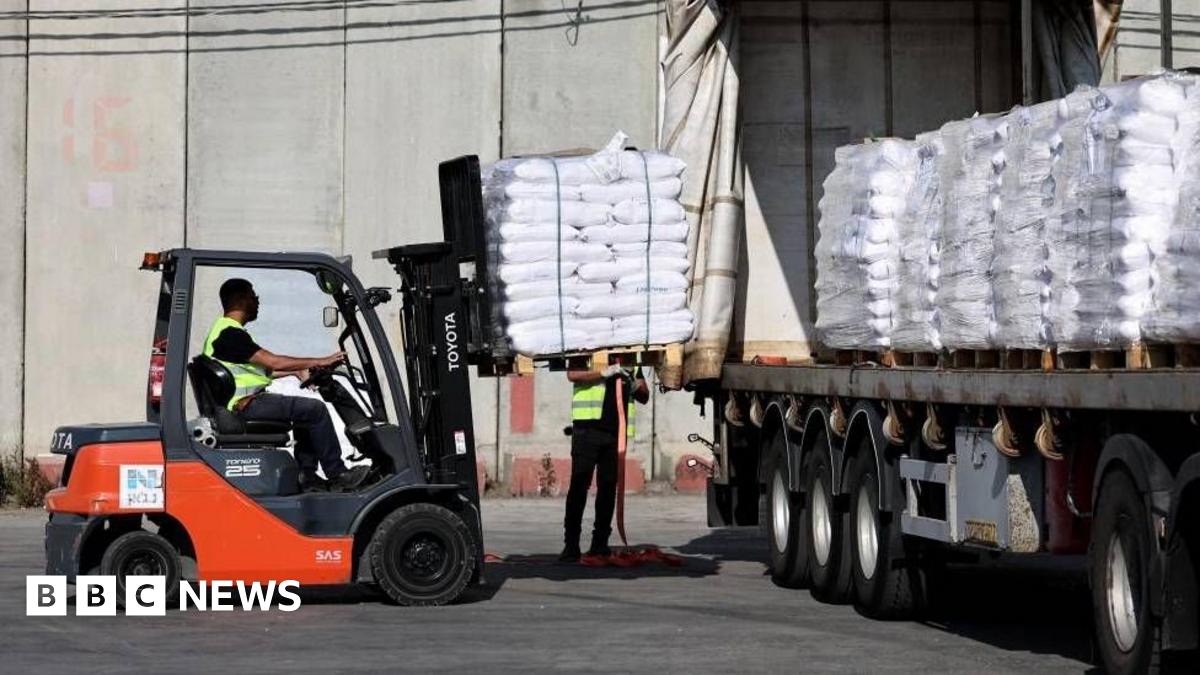Desperate Conditions in Gaza: Displaced Father Describes Dire Need for Aid

By Alice Cuddy
Reporting from Jerusalem, the humanitarian crisis in Gaza has reached alarming levels as thousands of residents continue to grapple with the aftermath of ongoing conflict. As the military campaign intensifies, displaced individuals like Abd al-Fatah Hussein are struggling to survive under dire conditions.
In a recent message sent via WhatsApp, one of the few remaining channels for communication with the outside world, Hussein shared his firsthand experiences from a displacement camp located in the al-Mawasi area of southern Gaza. Since the outbreak of hostilities in 2023, access for journalists and humanitarian workers has been severely restricted. Israel has limited media access, allowing only occasional escorted visits by military personnel, which means that the stories of those suffering on the ground often go untold.
Hussein's messages paint a harrowing picture of life in the camp. “The situation is getting worse due to the large-scale displacement,” he emphasized, indicating that the influx of people seeking refuge has exacerbated the already critical conditions. The father of two voiced his despair as he described the relentless airstrikes that punctuate the nights, contributing further to the suffering and fear among the displaced.
“There is no room in al-Mawasi,” he lamented. The area, which has become a refuge for those fleeing the violence, is overwhelmed and unable to accommodate the sheer number of individuals arriving seeking safety. The basic necessities of life—electricity, food, clean water, and medical supplies—are alarmingly scarce. “There is no electricity, no food, insufficient portable water, and no available medicine,” he detailed, highlighting the urgent humanitarian needs that remain unmet.
Moreover, Hussein expressed his frustration regarding the aid efforts currently underway. He described the limited supplies arriving in the region as merely “a drop in the ocean of Gaza’s needs,” suggesting that the assistance provided is far from adequate to cope with the overwhelming humanitarian crisis. The plight of those in Gaza underscores not only the immediate challenges they face but also the broader implications of the ongoing conflict on the civilian population.
As the situation continues to unfold, the calls for increased support and intervention grow louder. Aid organizations and international observers are urging greater access to the region to deliver much-needed supplies and to ensure that the voices of those affected are heard.



























